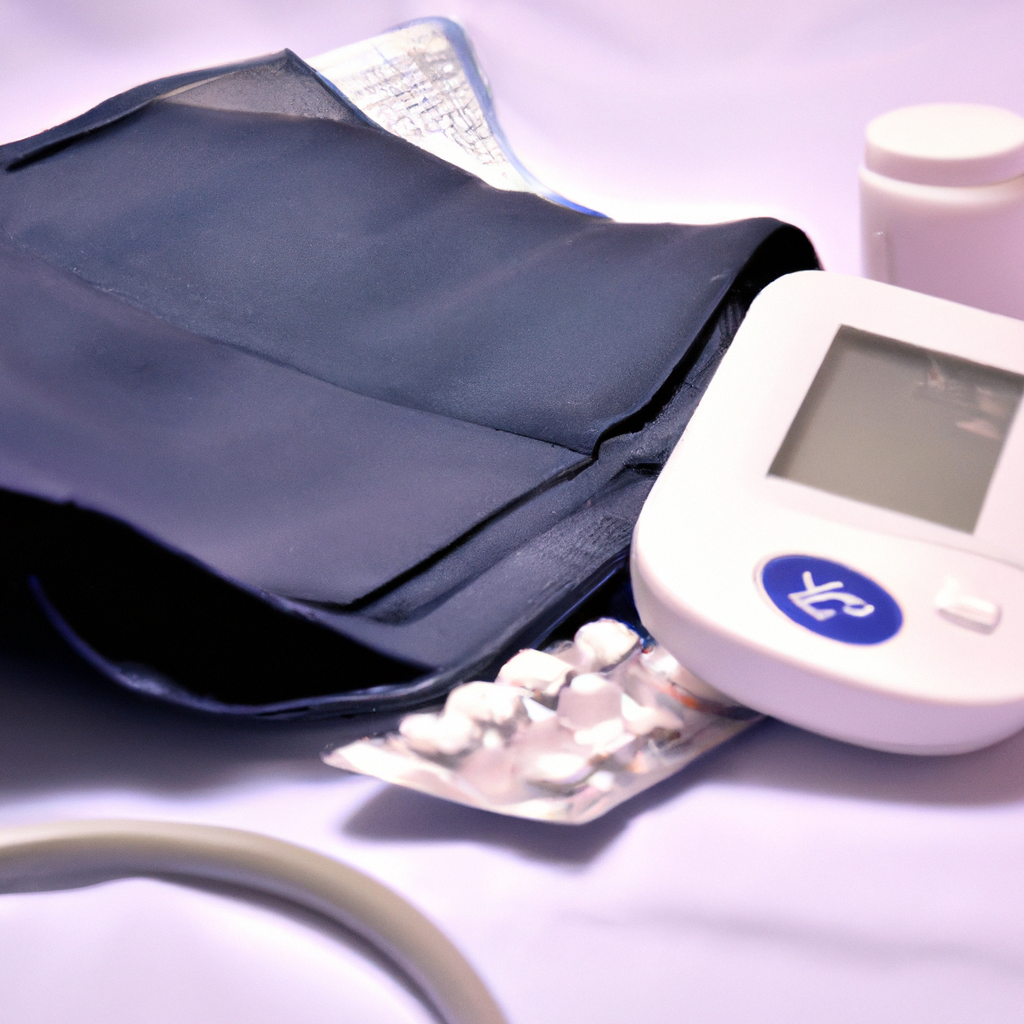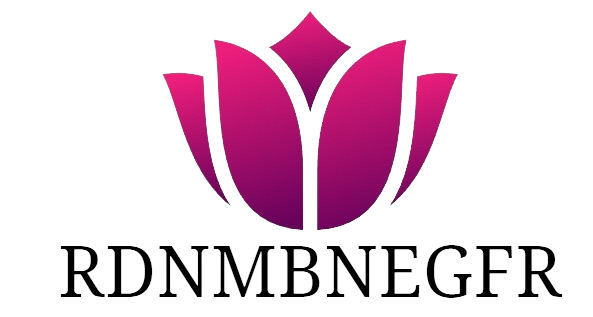Living with high blood pressure can be a daily challenge, but with the right combination of lifestyle changes and medication options, managing it doesn’t have to consume your life. While there is no one-size-fits-all solution, this article will explore the various strategies you can take to ensure your blood pressure readings stay in a healthy range. Read on for all the details on managing high blood pressure.

1. Reducing High Blood Pressure: Easy Lifestyle Solutions
High blood pressure is a serious health condition that can lead to further cardiovascular complications. If it isn’t managed properly, it can create major health risks and even cause death. Fortunately, there are several lifestyle solutions that can help reduce your high blood pressure and keep your heart healthy.
If you lead an unhealthy lifestyle and would like to reduce your blood pressure, the following tips may help:
- Eat healthily. Cut processed and sugary foods out of your diet and focus on cooking meals that combine vegetables, fruit, whole grains, low-fat dairy, poultry, and fish.
- Exercise regularly. Put aside 30 minutes every day to do some fun physical activity, like walking, jogging, biking, or swimming. It’s a great way to get active and reduce stress.
- Manage stress. Make sure to practice good stress management techniques such as yoga, breathing exercises, and meditation. This can help to lower your blood pressure significantly.
In addition, there are several dietary changes you can make that may lower your blood pressure. This includes reducing your sodium intake, drinking more water, and adding potassium-rich foods, such as bananas and avocados, to your diet.
You can also try supplements such as omega-3 fatty acids and CoQ10. These may help to further lower your blood pressure.
Making these lifestyle changes can help you reduce your high blood pressure and keep your heart healthy. Talk to your doctor for more information on how to manage your condition.
2. Making the Most of Medication to Manage High Blood Pressure
If you have been diagnosed with high blood pressure, the first line of defense is often medication. It’s important to understand the different types of drugs that might be prescribed, as well as how to safely take the medication, manage side effects, and make sure it is having the desired effect. Here are a few tips to help you get the most out of your medication.
1. Make sure you have the right medication
Before you begin taking any kind of medication for high blood pressure, make sure you are taking the right one. Your doctor will likely prescribe a specific type of medication that is tailored to your specific needs, so make sure you check with him or her if there is any uncertainty. You can also ask to see the medication’s package insert to learn more about any potential side effects or risk factors associated with it.
2. Track your symptoms with a log
Developing a log to track your symptoms is a great way to keep up with your progress and judge how effective your medication is.
- Make it a habit to take your medication at the same time each day.
- Write down any related symptoms, such as headaches, nausea, or dizziness.
- Monitor your blood pressure readings. This helps you and your doctor determine if the medication is having the desired effect.
3. Talk to your doctor about side effects
High blood pressure medications can come with some unwanted side effects, such as headaches, fatigue, or nausea. It’s important to talk to your doctor about any potential side effects and discuss ways to manage them. Your doctor may suggest alternate dosing schedules or a different type of medication.
4. Eat a balanced diet and exercise regularly
It’s always a good idea to follow a healthy diet and exercise routine when you are trying to manage high blood pressure. Eating lots of fresh fruits and vegetables, whole grains, and lean proteins can help to manage your symptoms. Adding physical activity into your daily routine can also help to lower your blood pressure and reduce your risk of complications.
5. Check in with your doctor regularly
No matter what type of medication you are taking, it’s always a good idea to check in with your doctor regularly. They can assess your condition and make sure the medication is doing its job.
When it comes to managing high blood pressure, taking the proper medication and using these tips can help you make the most of it. Remember, medication is only part of the equation; a healthy lifestyle is also essential. With the right approach, you can successfully manage your condition.
3. Getting the Best of Both Worlds: Combining Meds & Lifestyle Changes
When it comes to physical and mental health, it seems like there’s no one-size-fits-all approach. We often hear sayings like “medication isn’t for everyone” or “it’s all in your head.” While this statement may be true to an extent, there are cases in which combining medications with lifestyle changes can create a synergistic effect and help patients get the best of both worlds.
While medications are the foundation of any medical treatment, lifestyle changes should be a concurrent focus. It’s essential that a patient’s diet, activity level, stress management, and sleep are addressed and improved. This multifaceted approach often leads to more successful and long-lasting results as it confronts the issue from multiple angles.
When it comes to diet, the effects that different foods have on human health are widely understood. Replacing sugary and processed snacks with nutrient-dense options like vegetables, lean proteins, and whole grains can have a profound effect on physical and mental wellbeing. Proper hydration is also an important component of diet.
Exercise, the second pillar of health, is a great way to boost mood, get in shape, and clear the mind. Any form of exercise can be beneficial, from a simple walk around the block to an intense 45-minute spin class. What matters most is consistency.
Stress management and sleep are equally important. Good stress management techniques, such as mindfulness, yoga, or Tai Chi, can help a person cope with tough emotions and react better in challenging situations. A good night’s sleep of 7-9 hours is also paramount for mental and physical wellbeing.
All of these lifestyle changes should be considered as a complement to medication. This combination can provide a level of personalization and create a tailored approach that will help maximize results and increase a person’s chances of reaching their health goals.
4. Taking Control of Your High Blood Pressure and Reclaiming Your Health
It’s estimated that 1 in 3 adults in the United States have high blood pressure. The good news is that this condition can be managed with lifestyle changes and, in some cases, with medication. starts with understanding the basics of this condition.
1. What is High Blood Pressure?
Blood pressure is the force of the blood in your arteries as it moves throughout your body carrying oxygen and nutrients. When your BP levels are higher than normal, it’s known as hypertension or high blood pressure. It can cause damage to the body’s organs, including the heart, kidneys, and brain.
2. What Causes High Blood Pressure?
Most cases of high blood pressure have no known cause but there are certain risk factors that can contribute to the condition. These include:
- Family history of high blood pressure
- Increasing age
- Poor diet
- Smoking
- Excessive alcohol use
- Lack of physical activity.
3. Symptoms of High Blood Pressure
High blood pressure usually causes no symptoms, which means it can go undetected until it starts causing serious damage to your health. In some cases, people may experience headaches, nosebleeds, or dizziness.
4. Diagnosis and Treatment
If you’re concerned about your blood pressure, it’s important to get a diagnosis from your doctor. He or she may prescribe lifestyle changes and medication to help you manage your condition. These include reducing salt intake, quitting smoking, exercising regularly, avoiding alcohol, and managing stress. Your doctor may suggest a combination of medications, such as angiotensin converting enzyme (ACE) inhibitors, beta blockers, calcium channel blockers, diuretics, and more.
5. What to Expect from Treatment
Medications and lifestyle changes may help to reduce your blood pressure, but it’s important to remember that they can take several weeks – or even months – to take full effect. You may need to monitor your blood pressure at home to ensure that the treatment is working or to make sure that your condition is improving. It’s also important to keep up with any dietary and exercise recommendations from your doctor.
Managing high blood pressure can be an intimidating undertaking, but taking proactive, balanced steps can be the key to keeping your hypertension in check. The myriad of lifestyle modifications and medication options available today provide a variety of paths for individuals to follow to provide relief for their hypertension. With these tools, you can make informed decisions to power through and take control of your health.


